Dad’s warning after feeling in fingers turns out to be incurable brain cancer
Doctors found three tumours in his brain and the shock of the news was so extreme Jack passed out in his chair
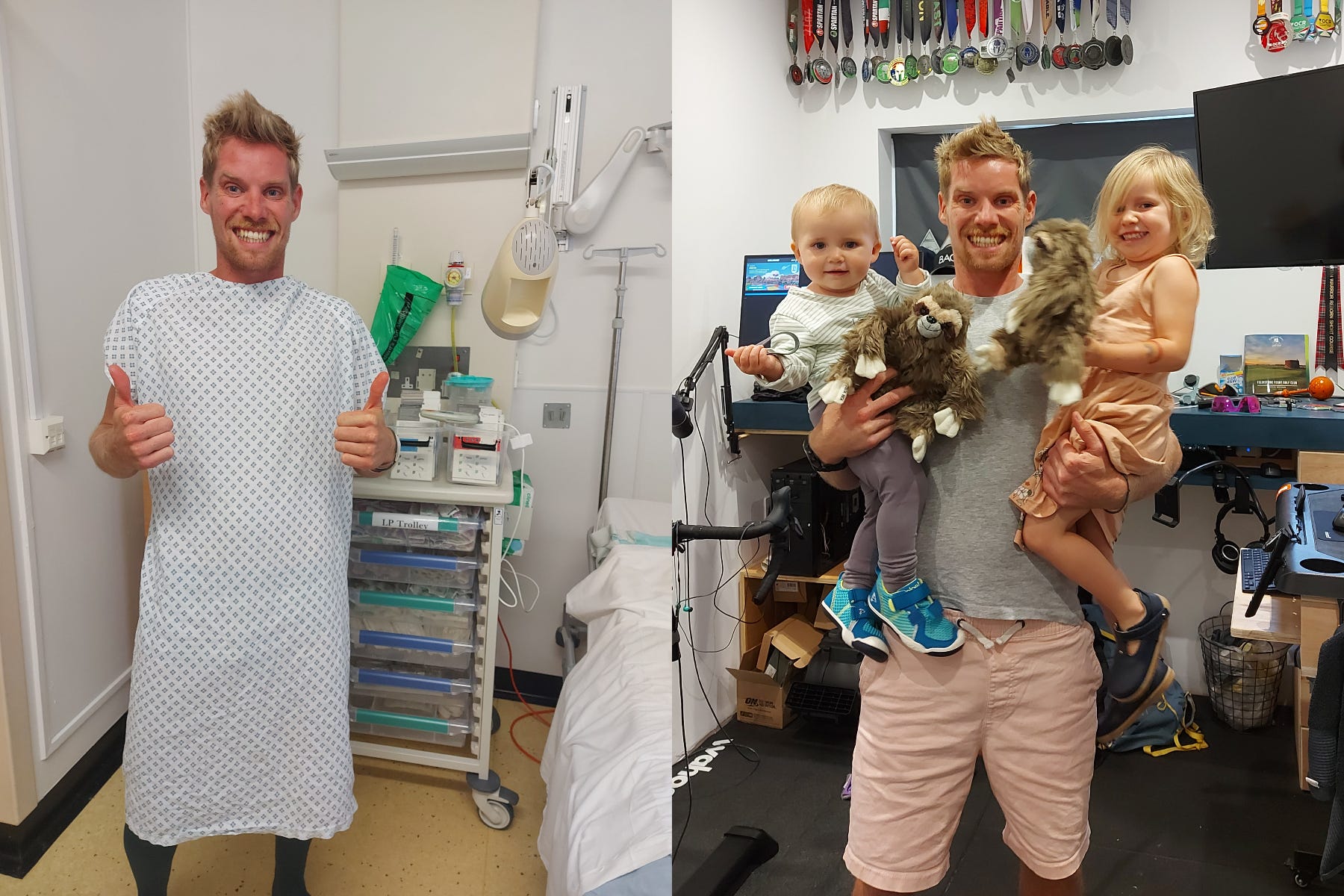
An athletic young father was diagnosed with incurable brain cancer after feeling numbness in his fingers.
In June this year Jack Carpenter, a 36-year-old personal trainer from Felixstowe, East Suffolk, said he started noticing strange sensations in his fingertips and found his brain was unable to compute certain commands – finding himself sometimes unable to switch off the car or pick up a pen.
After a CT scan two months later he and his wife Emily, also 36, were told by doctors they had found three tumours in his brain and the shock of the news was so extreme Jack passed out in his chair.
In September he was diagnosed with grade three astrocytoma, an aggressive, incurable form of brain cancer with a prognosis of between three and five years – and he will undergo a course of radiotherapy and chemotherapy treatment from October 21 in the hope of improving his prognosis and reducing the size of his tumours.
Jack owns an obstacle course racing training facility called Field Fit and doctors told him he has the body of a 21-year-old athlete thanks to his previous fitness regime – but he is now undertaking a series of health kicks to try to ensure he can be around for his two daughters, Margot, three, and Elodie, one.
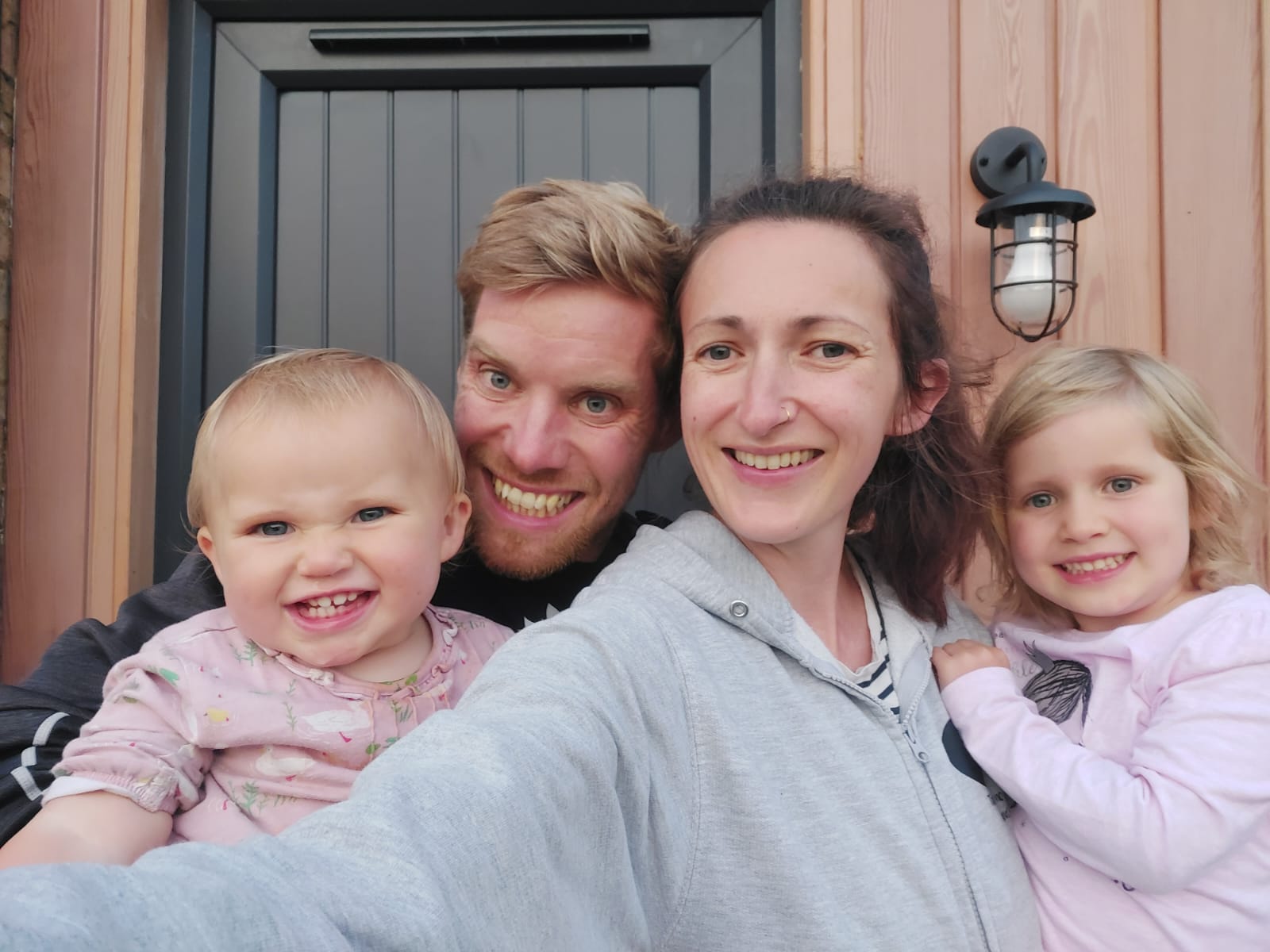
“I have come to the realisation that this will eventually get me but I’m not letting anyone tell me I have two years, five years, one year,” Jack, whose family have launched a GoFundMe page to help cover his everyday costs, told PA Real Life.
“It’s sad and obviously you do cry, you think about your children, but I’m not feeling sad anymore as my immediate attention has turned to proving people wrong.
“They don’t know me, they don’t know my level of fitness, they don’t know the strength I’m taking to do everything I can to crush those five years.”
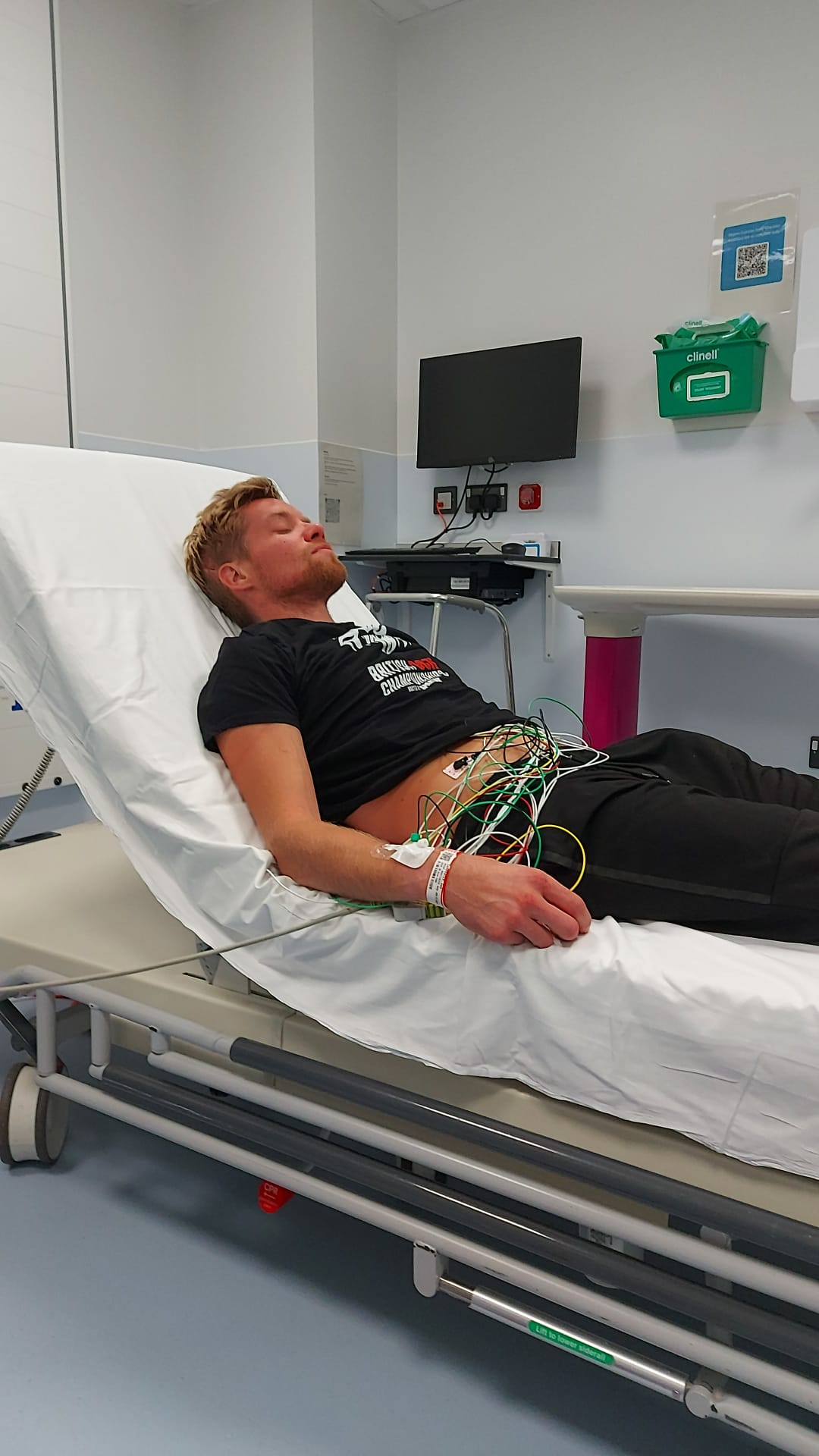
Emily, a professional fundraiser currently working for Mind, the mental health charity, said for her the “emotional toll is huge” after she previously lost her mother to cancer a week before her 21st birthday.
“This obviously just flashes me back to that time and there’s lots of emotion with that,” she said.
“For me, it’s a different hard to how Jack is finding it because I’m having to deal with the emotions of my children and my own emotions.”
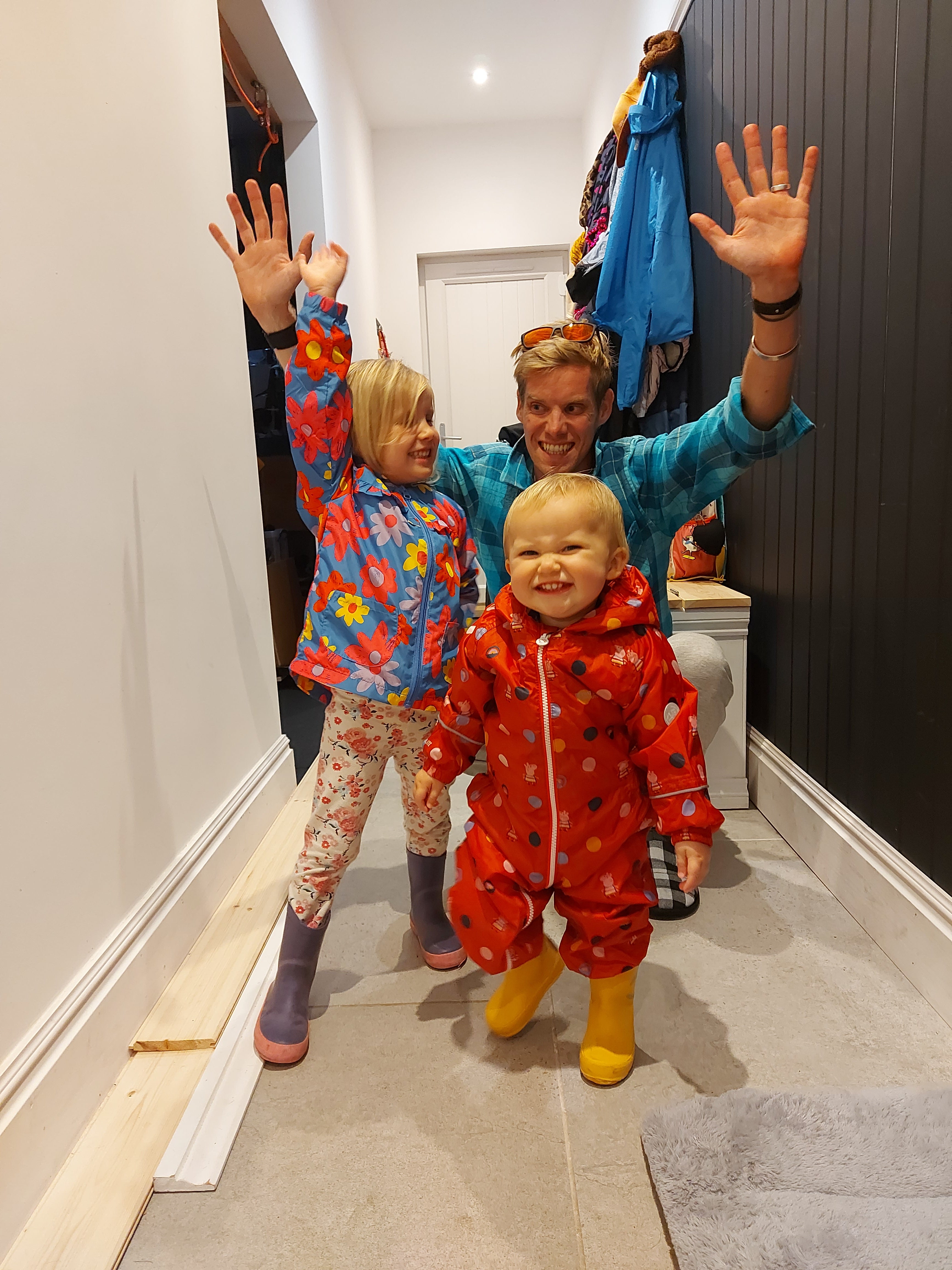
In June, Jack started noticing a strange numbness in his fingers and felt his brain could no longer compute certain commands.
“I’d go to turn the engine off in my car and my brain would freeze, so I know what I wanted to do but my left finger wouldn’t push the button,” Jack said.
“Even simple things like picking up a pen, I would miss the pen to pick it up.”
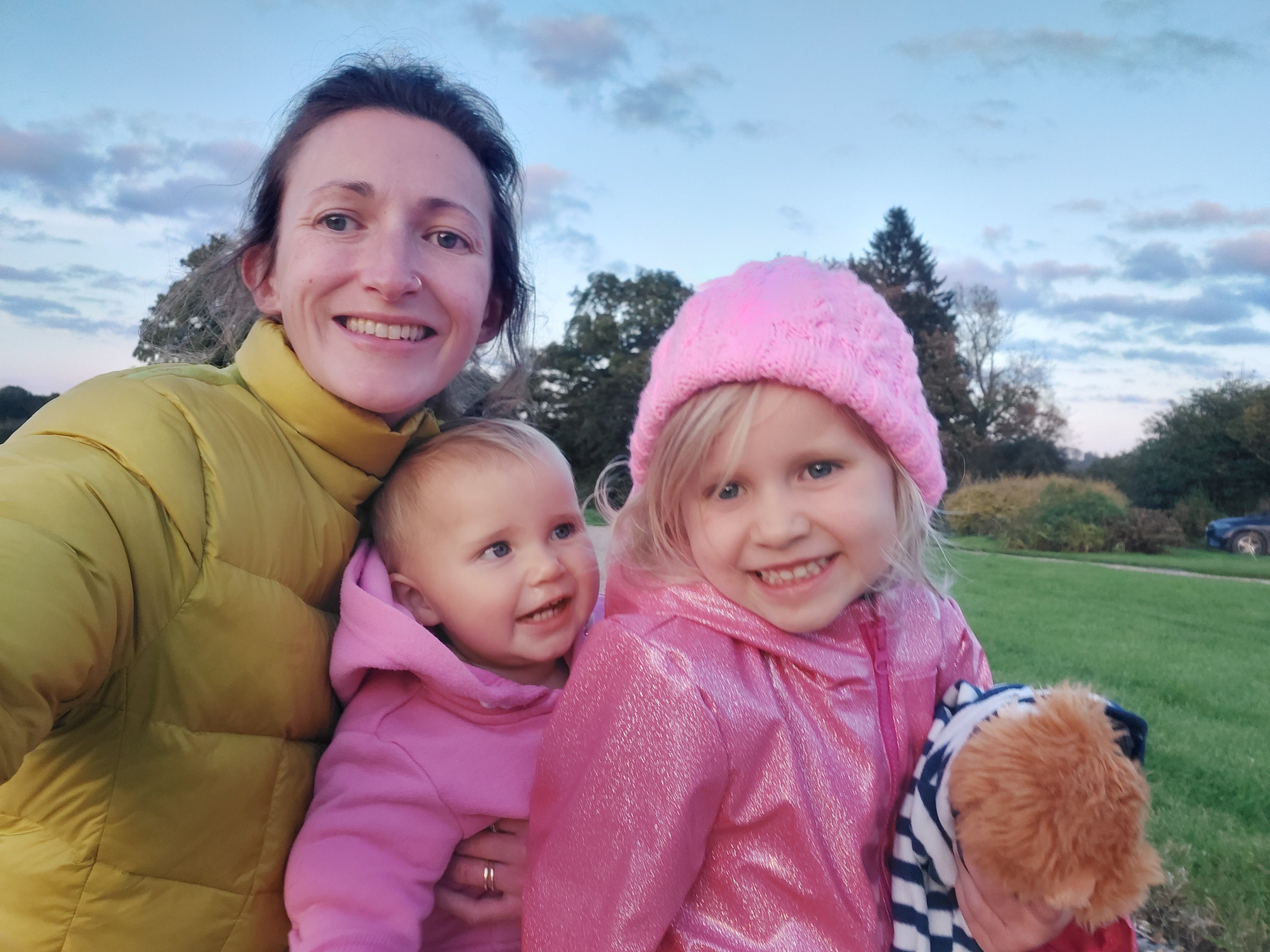
Jack visited his GP surgery where they ran a series of tests, such as testing his eyesight and balance, but he said they could not find any major issues.
His doctors initially thought it could be a trapped nerve but Jack was soon informed by his local hospital in Ipswich he should have a routine CT scan to make sure there were no further causes for concern, which took place on August 27.
The couple said they were taken into a room where they were given the news the scan had revealed three tumours in his brain.
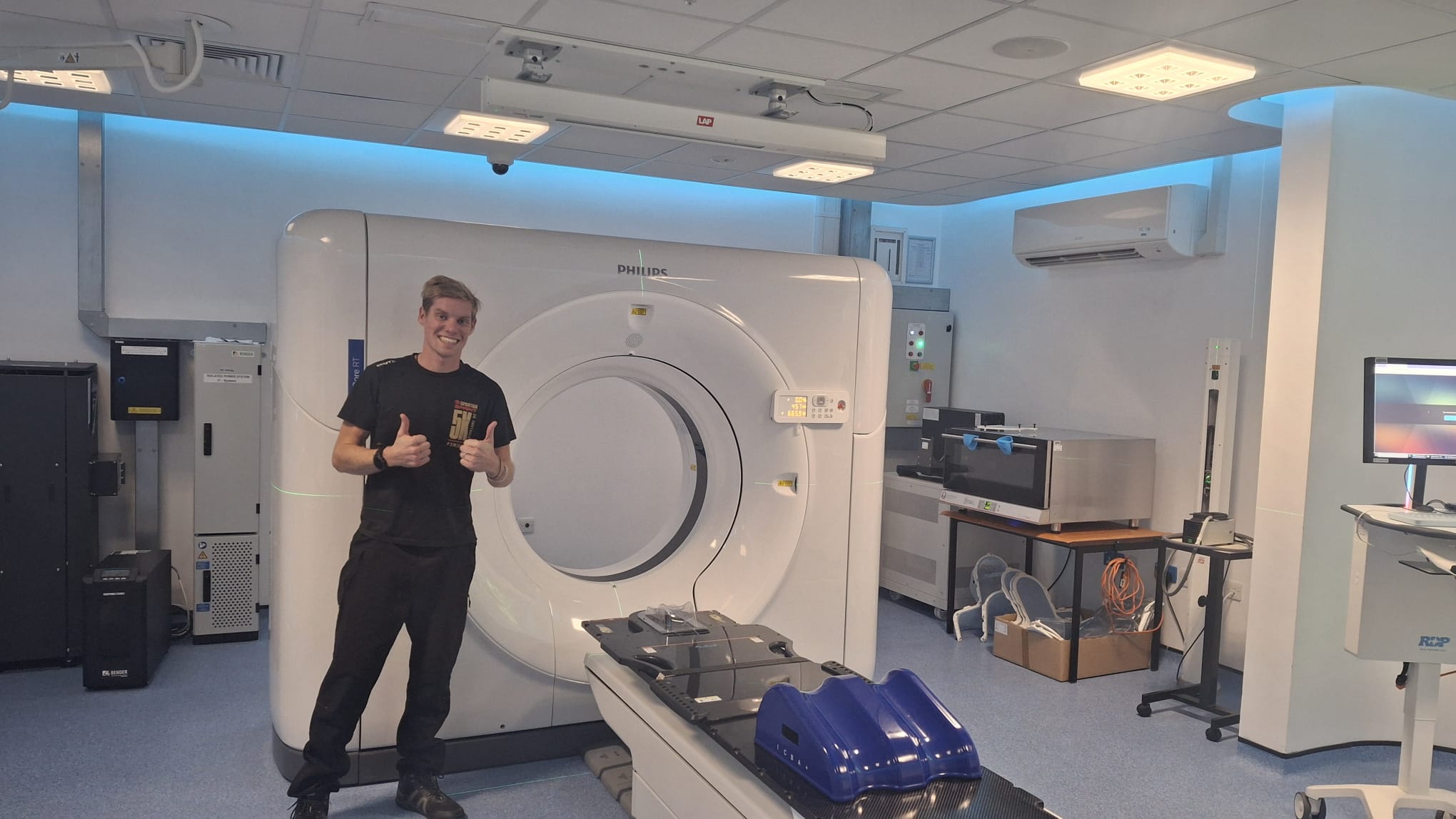
“Jack went into complete shock, he passed out in the chair,” Emily said.
He was referred to the neurology department of Addenbrooke’s Hospital in Cambridge where one of his tumours was tested during a biopsy on September 4.
On September 10, Jack received his diagnosis – a grade three astrocytoma.
Since then, Jack has been taking steroids to reduce the swelling in his brain and from October 21, he will start radiotherapy and chemotherapy treatment at Ipswich Hospital.
“A lot of my sadness is sadness for Margot and Elodie – they’re desperate for normality and it’s hard for us to give them that right now,” Emily said.
“I’m a mum and I’m trying to protect my two girls from this.”
Jack has since thought “why me?”, particularly after he worked for eight years in a healthy regime as a personal trainer and athlete running his obstacle course racing training facility.
“My doctor told me that from the neck down, I’m a 21-year-old fully-fledged athlete,” he said.
“Sometimes I lay in bed and think, ‘why me? What have I done to deserve this?’, but it’s nothing I’ve done that has caused this.
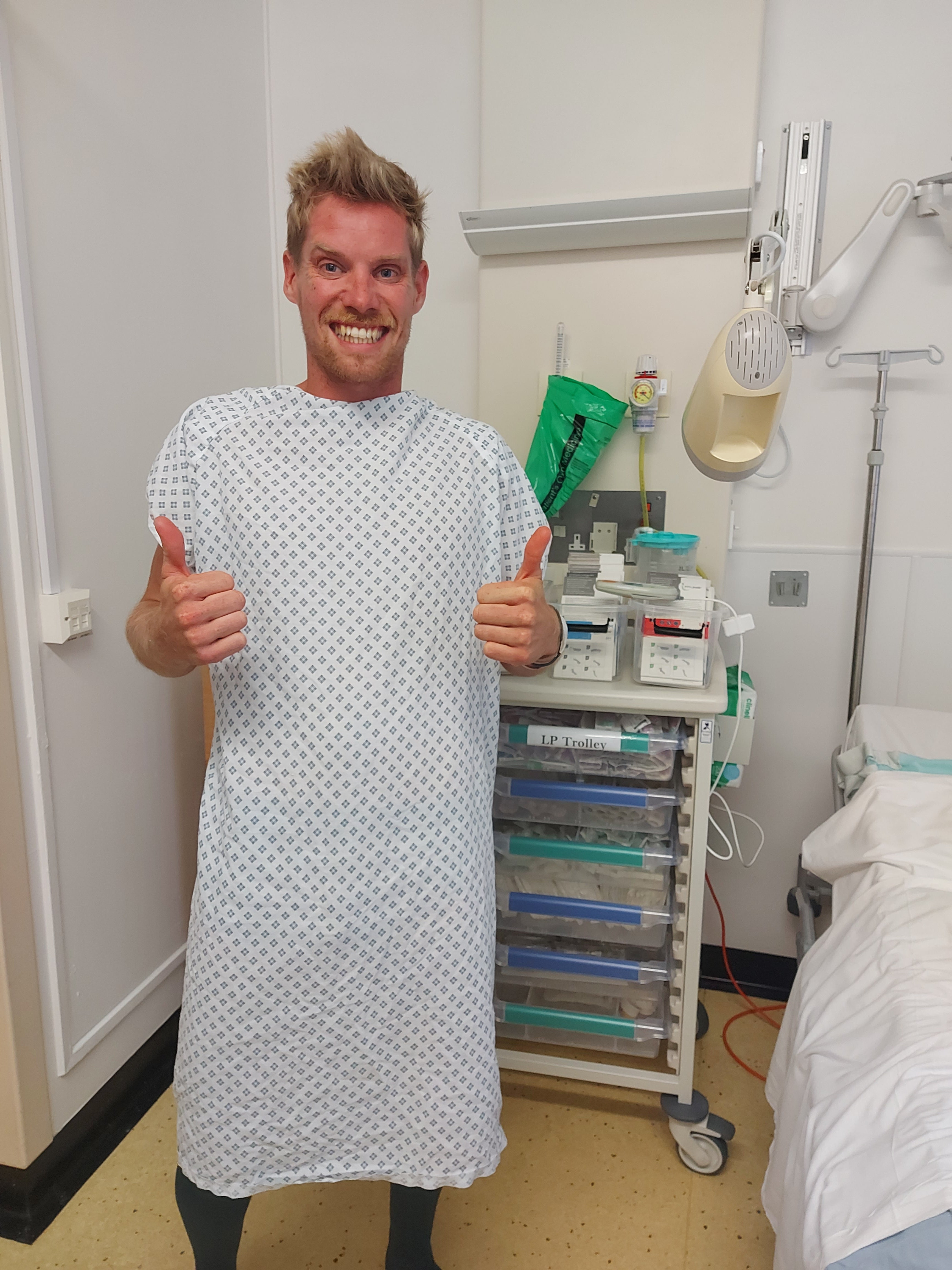
“I’m just that 1%, a very unlucky person that whatever’s caused this is possibly a DNA snip gone wrong somewhere.”
Jack said he has also been struggling with tiredness following any kind of physical exertion, which he said has been difficult to explain to his young daughter Margot.
“There’s lots of cancer factors right now and it’s learning everyday what’s the best thing to do,” he said.
“But how do I explain to my daughter that I don’t want to do jigsaws with her because I’m so tired?”
Emily added that their eldest daughter’s superpower is her “emotional intelligence”, saying: “She’s so in tune with us and any little waver of negativity in the house, she latches onto it straight away.
“She knows daddy’s head is poorly but it’s really hard.”
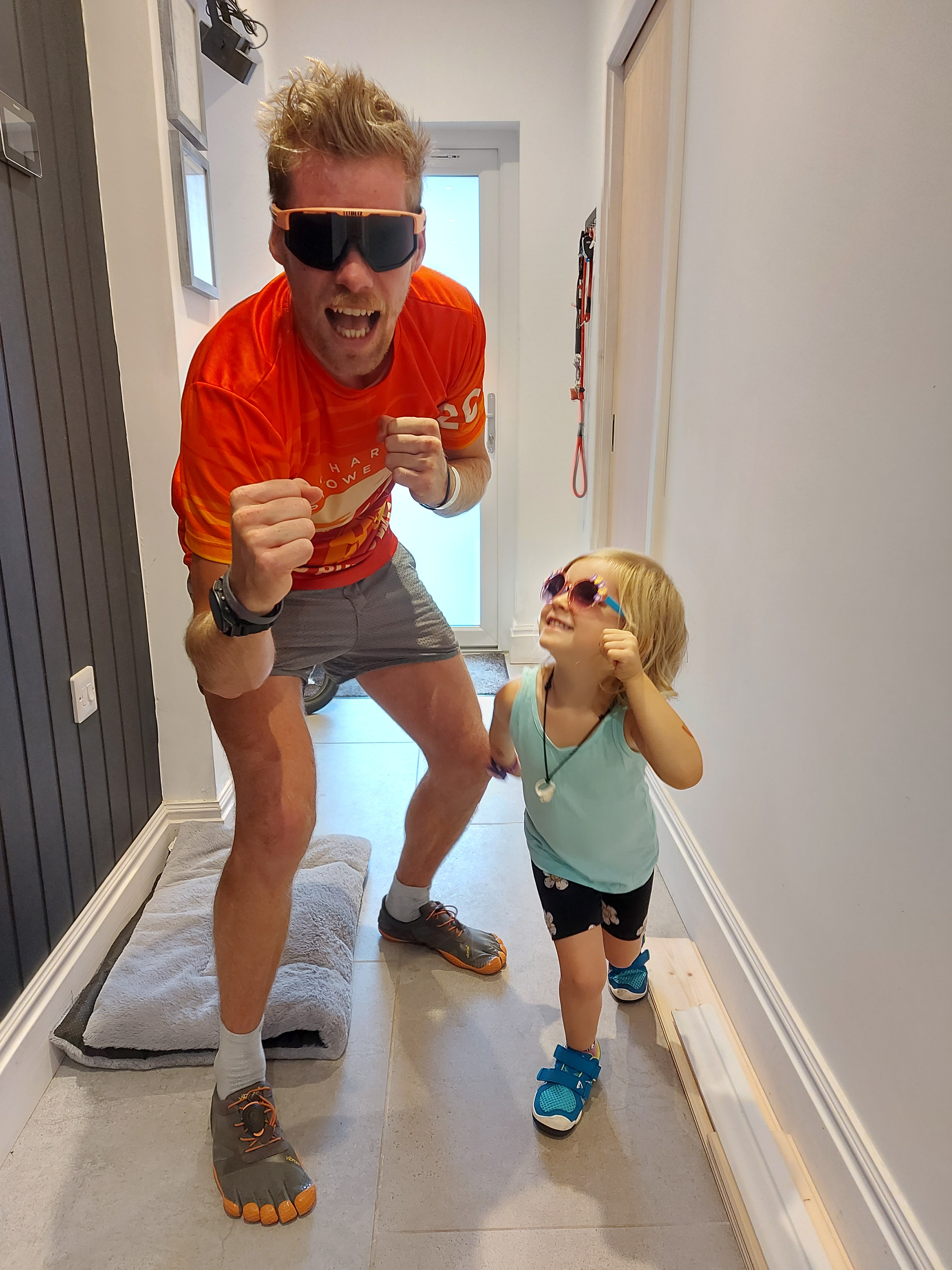
Jack has since undertaken a series of health kicks, such as implementing a ketogenic diet, which involves cutting out sugars and hormones and eating organic fruits, vegetables and grass-fed meats, and placing cheese plants around their home to help boost the oxygen levels in their surroundings.
“If you can feed your body with really good, healthy fats, you’re getting all that goodness up to the brain, which hopefully should help,” he said.
The family have also set up a GoFundMe page to help with the everyday costs of Jack’s treatment.
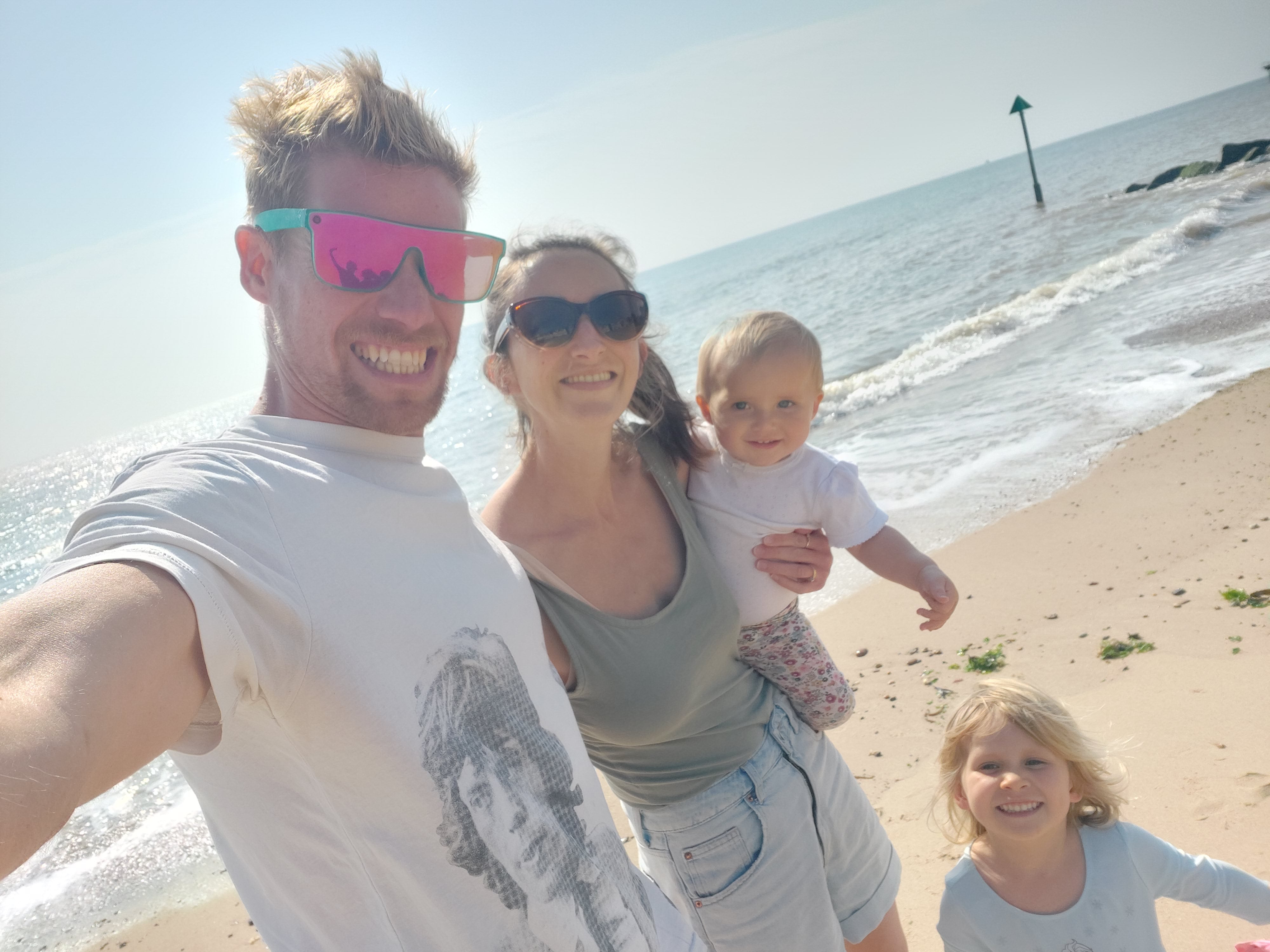
They have raised more than £6,000 so far but they have suggested those who cannot donate can help the family in other ways, such as keeping Jack company at his hospital appointments or taking their dog out for long walks.
“It makes you realise how amazing people are, it makes me well up to see people donating,” Jack said.
As a charity worker herself, Emily added: “I’m constantly blown away by people’s generosity but when it’s happening to you, it’s so humbling.”
To find out more, visit the family’s fundraiser.
Bookmark popover
Removed from bookmarks